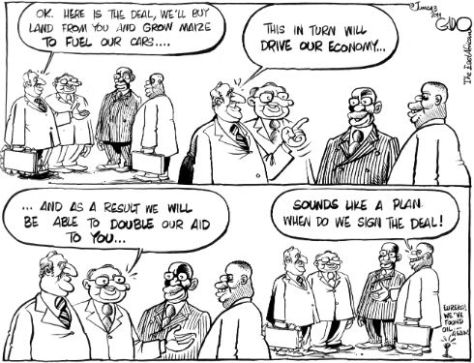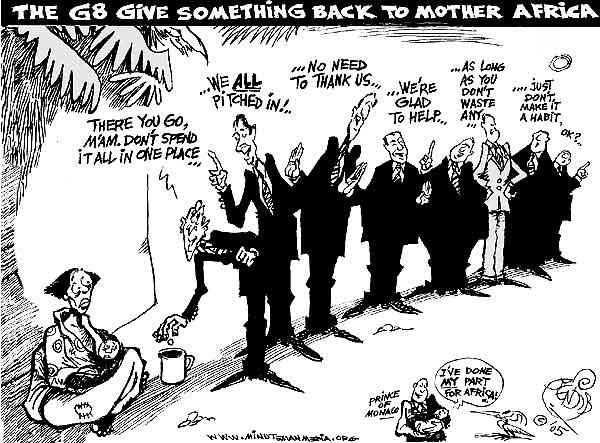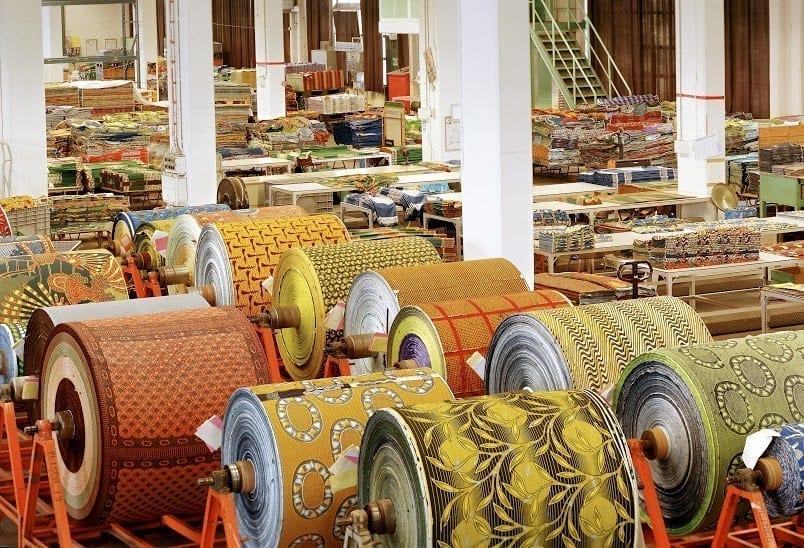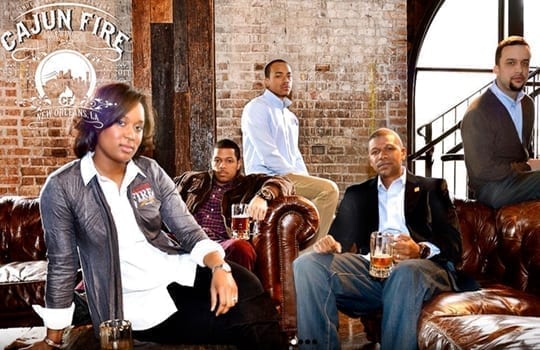“Trade Not Aid” is a popular phrase used by proponents of the idea that instead of giving ‘free money’ to Africa to fight poverty and hunger, donors should support job and business creation through foreign direct investment. Don’t get me wrong, not all aid is bad. I am not referring to emergency aid given in situations like a natural disaster.
The type of aid I am referring to is government-to-government aid. It’s time we recognize that this type of assistance is not only the least effective in terms of poverty reduction but is also destructive. It is stunting the growth of an African middle class that is needed to spur economic growth. Zambian-born economist and author of the best-seller, Dead Aid, Damiso Moyo states that “Over the past 60 years at least $1 trillion of development-related aid has been transferred from rich countries to Africa.
Yet, real per-capita income today is lower than it was in the 1970s, and more than 50% of the population live on less than a dollar a day, a figure that has nearly doubled in two decades.” If this economic development model is CLEARLY not working, why is it still being imposed? Why is it being used in Africa only?
China moved 300 million people out of poverty in 30 yrs. India has approximately 300 million people in its middle class. They did not achieve this by relying on aid to the extent that the entire continent of Africa does today and has for the past half century plus.
A serious issue is that African governments are now relying on this aid as a source of income like a welfare recipient waiting on their monthly check, instead of looking for alternative means of revenue generation. Some say that aid promotes government corruption because the funds are just moved to private accounts abroad.
I’m certain that this happens a lot of the time. However, that is not the only issue. Even where there is no corruption involved, you have a situation where African governments are relying on Western countries to provide their people with goods and services that they should be providing e.g. education, healthcare, infrastructure, etc.
Who will respect a leader that does not care for his own people? That’s partially the reason why many African ‘leaders’ get zero respect in the global community. They are perceived as beggars. They are sitting on priceless natural resources that can be traded, begging for money from countries that are in actuality, broke themselves. But I digress…

Another issue is that aid does not create a meaningful amount of jobs or opportunities to start and grow a business in Africa. Aid also comes in the form of goods donated. Why not invest in local producers of these goods or invest in a manufacturing plant to produce the goods that are currently being shipped to Africa?
This is a sure way to spur job creation and invest in a local business instead of flooding the market of charity goods that will put local producers out of business. There is no way to reduce poverty if there are no jobs or means for individuals to pursue entrepreneurial endeavors as a means to increase their income and start to create wealth for themselves.
Therefore, if there is no middle class to drive the economy you are left with a situation similar to that in Nigeria where there exists the extremely wealthy and extremely poor with a few middle-class citizens sprinkled in the middle. I’m sure you can see how this would also lead to increased crime, whether it’s the latest 419 scheme or good old-fashioned armed robbery.
The good news is that in recent years due to the slowed economic growth in Western countries, the amount given in aid is now gradually reducing. Now, more than ever, the focus has turned to Africa, not just as a poor desperate continent in need of help, but as a place where Western and Eastern countries need to do business in order to not only stay competitive in the global marketplace but to survive.
This in addition to business friendly policies that have been implemented in several African countries have led to economic growth in different regions of the continent over the last few years.
The aforementioned to me is proof that we do not need handouts. What we do need, however, is to be taken seriously as players in the global trade market. We have the resources, we have the talent and we have the potential. What we need to do now is phase out aid and increase the number of trade deals and investments that help move the Continent in the right direction.




























